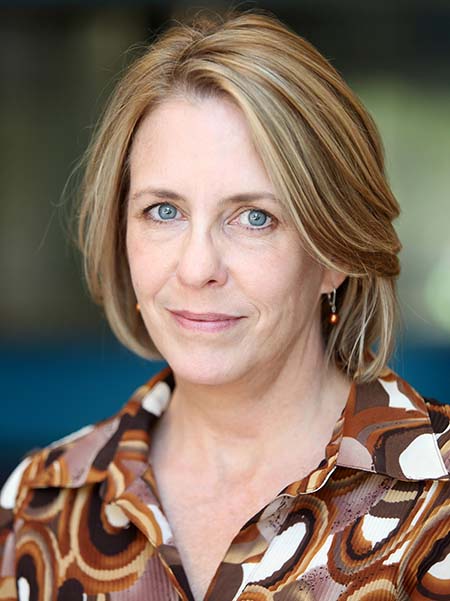System/Policy
California’s KVCR lays off 35 staffers as it scales back local production strategy
“Going forward we generally want to mitigate production risk," said interim GM Keith Birkfeld.Readers share 2018 highlights and hopes for next year
What made your 2018 special, and what's your wish for 2019? Here's what our readers said.‘Creative financing,’ local partnerships boost Rocky Mountain Public Media capital campaign
The campaign is supporting RMPM's new headquarters, with a planned opening by March 2020.Emily Donahue leaves Austin’s KUT for public-relations post
Formerly news director at the station, Donahue will join Stratfor, a geopolitical intelligence firm.OETA’s fundraising group asks court to intercede in disputes with station
The OETA Foundation's petition reveals acrimonious conflicts over everything from content production to management of CSGs.If public radio’s smaller stations vanish, we all lose
"The ice is melting beneath our feet with the current business model," writes a station leader.Public TV is best equipped to educate on channel repack, station GM tells lawmakers
Bohdan Zachary of Milwaukee PBS testified in Congress Tuesday on the need for consumer education following the spectrum auction.PBS Board adopts tiered pricing model for top sponsorships
The board also heard that PBS' old non–real-time satellite transponder will be turned off Jan. 2.‘Car Talk’ donation program splits from CARS/V-Dac merger
An announcement from "Car Talk" EP Doug Berman surprised competitor CARS and left some stations flummoxed.Alaska pubcasters pitch in to help Koahnic, station hit hardest by quake damage
Koahnic's KNBA may not be able to return to its studios and offices for months.Public media must reimagine itself for a new era — or give up ‘reason to ...
"The time is right to re-examine basic assumptions about public media and to ask, anew, essential questions," writes an outgoing CPB board ...New NFCB initiative seeks sustainable models for community radio
The organization will work with 10 stations to combat problems shared by broadcasters throughout community radio.Radio leaders applaud NPR’s Mohn for commitment to stations, look to successor to continue efforts
Mohn's commitment to stations at NPR "is ingrained in that organization as a strategic imperative," said one station GM.NPR CEO Jarl Mohn will step down in 2019
Mohn will continue to work with NPR as president emeritus, building relationships with donors.Tennessee radio station to cut jobs, local news
The station will stop airing local newscasts and feature reports, but “the goal is to bring those back as soon as possible,” ...













